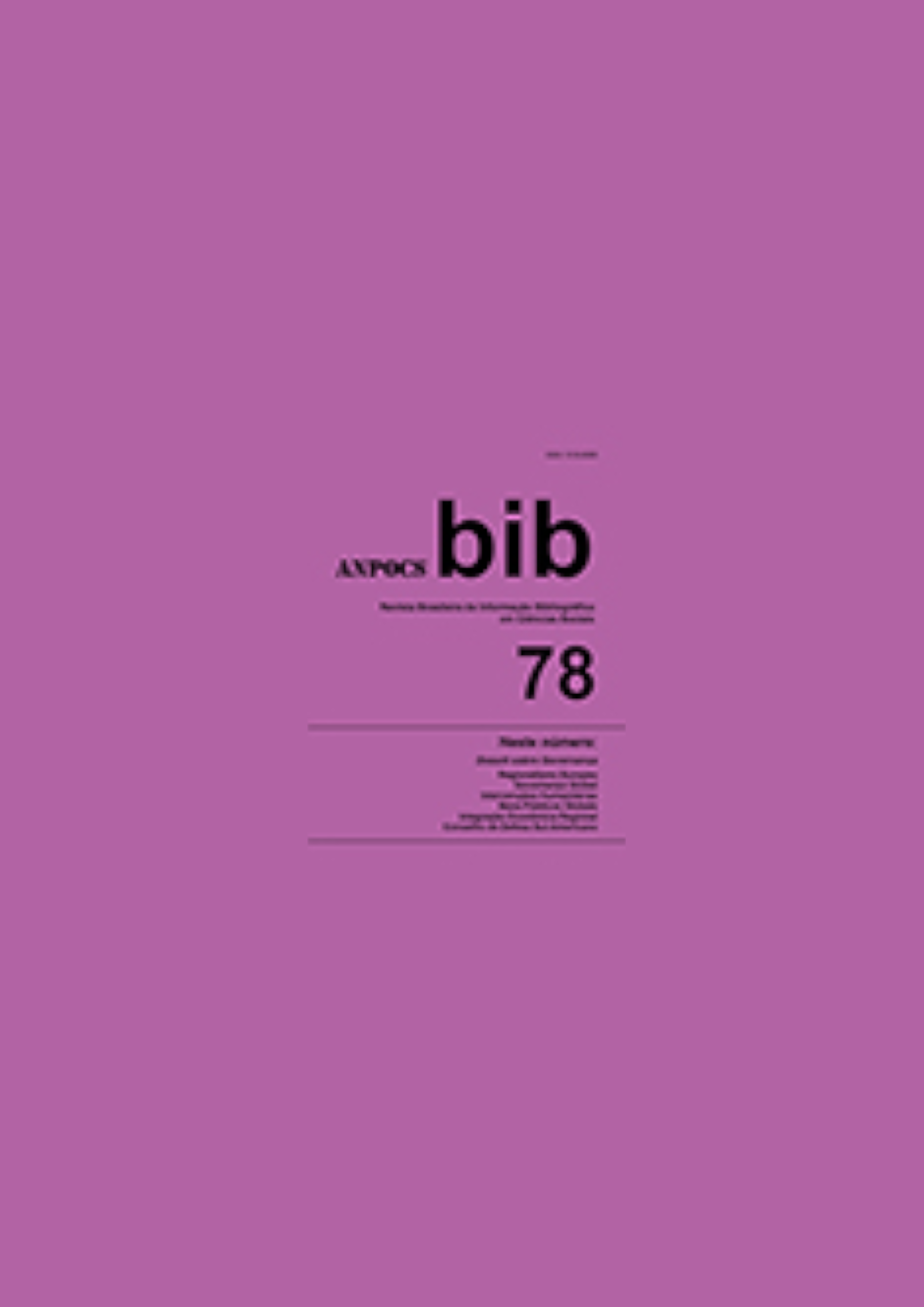Les biens publics mondiaux
entre la diplomatie multilatérale et la souveraineté nationale
Mots-clés :
Biens publics mondiaux, Souveraineté nationale, Organisations internationales, Système international, MultilatéralismeRésumé
L’emploi du concept de biens publics mondiaux est né à la fin des années 1980 avec la mondialisation et la discussion sur l’interdépendance croissante entre les pays pour résoudre les problèmes qui ne sont pas susceptibles de recours au niveau national. Pour répondre à ces défis, le concept de biens publics mondiaux serait particulièrement utile conformément à un ensemble d’auteurs étudiés dans ce travail. Cette littérature décrit la problématique de l’existence d’un domaine public mondial ainsi que l’ensemble des intérêts des États nationaux. Le bien public ne sera l’objet d’une négociation internationale que lorsque sa prestation ne devient plus possible ou efficace au niveau national. Un effort a été fait pour justifier, théoriquement, l’emploi de ce concept, y compris pour montrer dans quelle mesure il a représenté l’innovation en ce qui concerne le débat plus ancien à propos du multilatéralisme. Plusieurs cas concrets sont analysés en vue de comprendre leur utilité pratique.
Téléchargements
Références
BARRETT, S. Why cooperate? The incentive so supply Global Public Goods. New York: Oxford University Press, 2007.
BEIRÃO, A. P.; PERREIRA, A. C. A. (Orgs.) Reflexões sobre a Convenção do Direito do Mar. Brasília: Funag, 2014.
CINTRA, M. A. M.; SCHUTTE, G. R; VIANA, A. R. Globalização para todos: taxação solidária sobre os fluxos financeiros internacionais. Brasília: Ipea, 2010.
CLAUDE JR., I. L. Swords into plowshares: the problems and progress of international organization. New York: Random House, 1964.
FIORI, J. L. O poder global. São Paulo: Boitempo, 2007.
FONSECA JR., G. O interesse e a regra: ensaios sobre o multilateralismo. São Paulo: Paz e Terra, 2008.
INSTITUTO DE PESQUISA ECONÔMICA APLICADA. Globalizar a solidariedade em defesa da taxação de fluxos financeiros: relatório do Comitê Internacional de Peritos para a Força-Tarefa sobre Transações Financeiras Internacionais para o Desenvolvimento. Brasília: IPEA, 2011.
______. Inserção Internacional brasileira: temas de política externa. Brasília: IPEA, 2010.
KAUL, I. A hora dos bens públicos globais. Biblioteca Diplô, jun. 2000. Disponível em: <http://diplo.org.br/imprima1760>. Acesso em: 20 janeiro 2015.
______. Global Public Goods and responsible sovereignty. The Broker, n. 20, 2010. Special Report.
______. Global Public Goods: a concept for framing the post-2015 agenda? In: OECD/DAC DEVELOPMENT DEBATE, 7., oct. 2012, Paris. Background note… Paris, October 2012.
______. Global Public Goods: explaining underprovision and correcting for it. 2011. Paper Outline. Não publicado.
KAUL, I. et al. (Orgs.) Providing Global Public Goods: managing globalization. New York: Oxford University Press, 2003.
LANDAU, J. P. Remarks on the agenda of innovative finance. In: CONFERENCE OF THE LEADING GROUP ON SOLIDARITY LEVIES TO FUND DEVELOPMENT, 2007, Oslo. Disponível em: <http://www.innovativefinance-oslo.no/pop.cfm?FuseAction=Doc&pAction=View&pDocumentId=11748>. Acesso em: 20 de janeiro de 2015.
LEMOS, L. A.; ROMANELLI, M. Royalties e a Amazônia Azul. Valor Econômico, 7 jul. 2010. Disponível em: <http://www.valor.com.br/arquivo/834573/royalties-e-amazonia-azul>. Acesso em: 9 de julho de 2010.
NYE, J. The future of power. New York: Public Affairs, 2011.
OLIVEIRA, M. F. Alianças e coalizões internacionais do governo Lula: o Ibas e o G-20. Revista Brasileira de Política Internacional, v. 8, n. 2, p. 55-69, 2005.
ORGANIZAÇÃO DAS NAÇÕES UNIDAS. A more secure world: our shared responsibility: Report of the High-level Panel on Threats, Challenges and Change. New York: ONU, 2004. U.N. Doc. A/59/565.
______. In larger freedom: towards development, security and human rights for all: Report of the Secretary-General. New York: ONU, 2005. U.N. Doc. A/59/2005.
RODRIGUES, G. M. A. A Amazônia como foco da integração: a convergência entre a Unasul e a OTCA. Extraprensa (USP), ano VII, n. 13, p.54-p.61, 2013.
RODRIK, D. Economistas e democracia. Valor Econômico. Opinião. 23 maio 2011. Disponível em: <http://www.valor.com.br/arquivo/889031/economistas-e-democracia>. Acesso em: [23 de maio de 2011].
______. Has globalization gone too far? Washington, DC: Institute for International Economics, 1997.
ROUSSEFF, D. Brazil will fight back against the currency manipulators. Financial Times, 21 set. 2011. Disponível em: <http://www.ft.com/cms/s/0/8871a370-e2aa-11e0-897a-00144feabdc0.html>. Acesso em: [10 de outubro de 2011].
RUGGIE, J. (Ed.) Multilateralism Matters. Nova York: Colombia University Press, 1993.
SAMUELSON, P. The pure theory of public expenditure. Review of Economics and Statistics, v. 36, n. 4, p. 387-389, nov. 1954.
SANDLER, T. Global collective action. Cambridge: Cambridge University Press, 2004.
SMITH, A. An inquiry into the nature and causes of the wealth of nations. 2 v. Indianapolis: Liberty Fund, 1981.
TRINDADE, A. A. C. (Org.) A nova dimensão do Direito Internacional Público. Brasília: Instituto Rio Branco, 2003.
UNITED NATIONS. Convention on the Law of the Sea. 1982. Disponível em: http://www.un.org/depts/los/convention_agreements/texts/unclos/closindx.htm Acessado 17 de julho de 2010.





